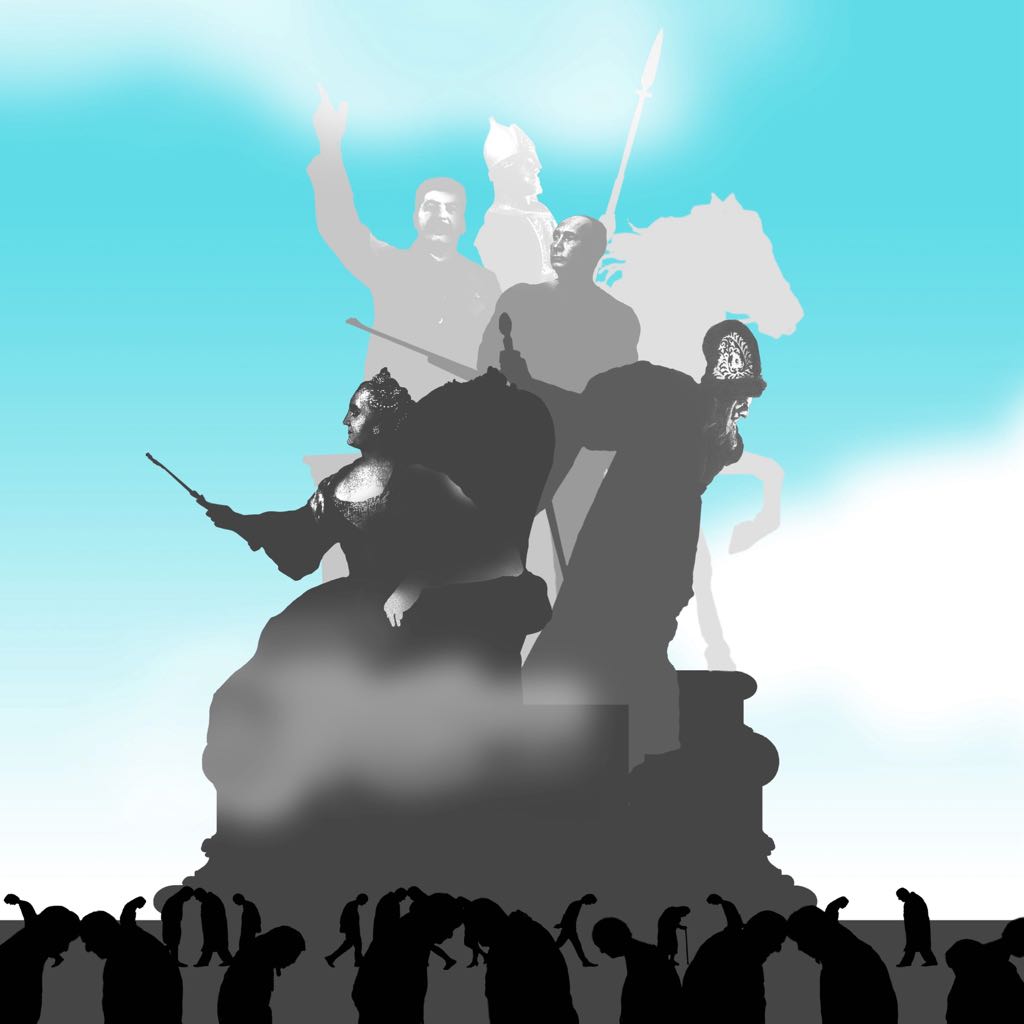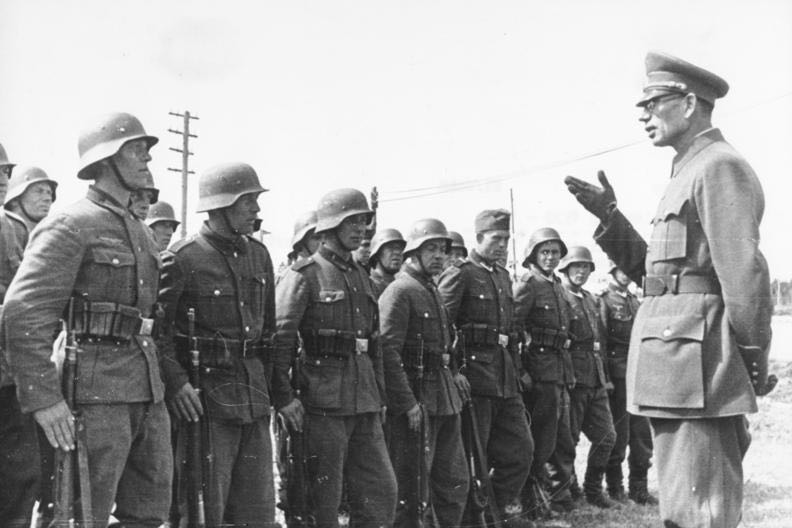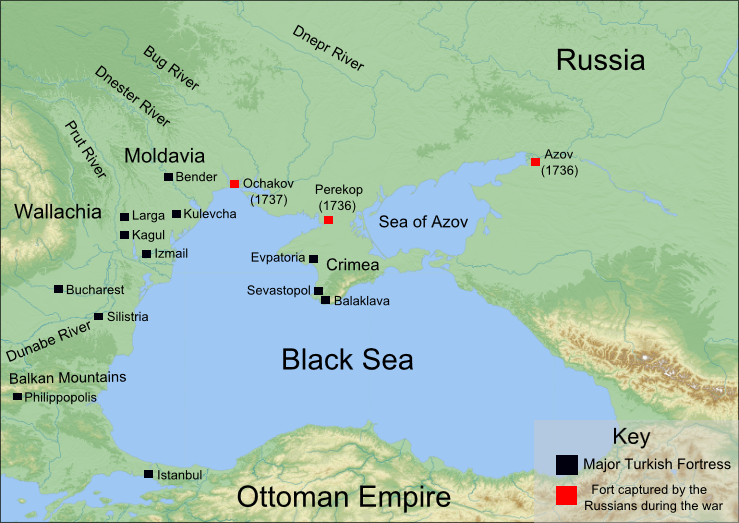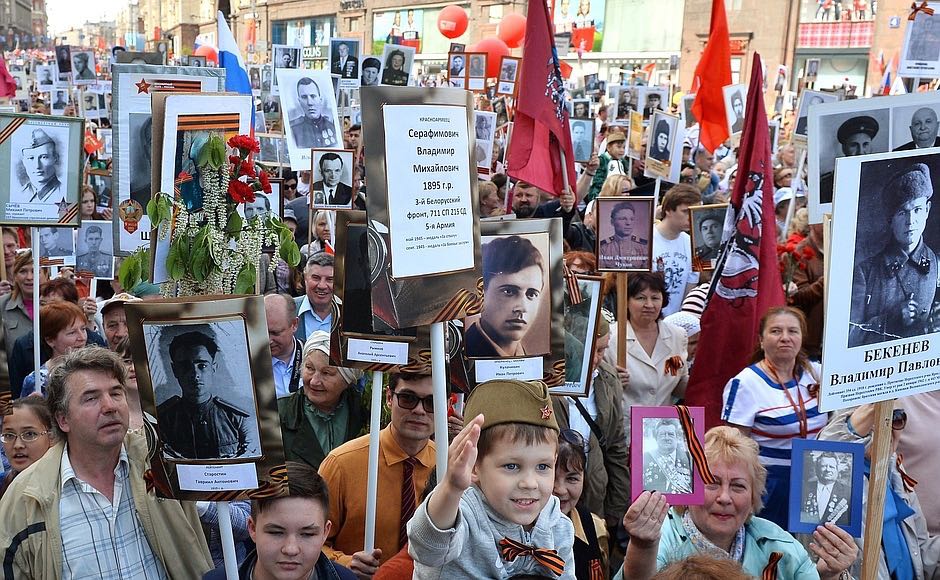Who writes Russian history nowadays: the state or the citizens? Since the protests of 2011-2012, the state is controlling the historical narrative more and more. But apart from this statist memory-policy a more individual narrative is developing. According to Greg Yudin - one of the authors of Wither Past for the Russian Future? - this second memory challenges the monopoly of the state. This diversification of historical memory might be even a sign for political diversification to come, writes Greg Yudin in an article to kick off a debate on history in Russia.

Illustratie Nanette Hoogslag
by Greg Yudin
In 2000s, Russia was a society preoccupied with the rise of its consumption level and the rulers have consistently built their support on the simple fact that ordinary people are better off. The protests of 2011-2012 were explained by some government officials as a request for representation from a newly emerged middle class. From this perspective the subsequent changes came quite unexpected – the authoritarian entrenchment, confrontational foreign policy and rise of militarism that paved the way to the annexation of Crimea and Donbass war, increasing social tensions around religion and art. Why would a country with a rising economy choose such a dangerous and aggressive path?
{slider Volledige tekst|closed|icon}
It took a change of political language to twist the agenda and move the economy down on the list of current issues. Officials and state propaganda quickly adopted the new political lexicon: everybody started talking about history. Current political challenges were immediately framed in historical terms. Western countries turned out to be eternal rivals, constantly aiming to conquer Russia. Political opposition was reinterpreted as heirs to revolutionaries of all kind, attempting to destroy Russia throughout its history. Religion reemerged as a traditional foundation for moral unity that solidified the state for many centuries. Historical legitimacy appeared as a new justification for political decisions and added legitimacy to the regime.
The rapid politicization of history perhaps surprised most many historians who suddenly found themselves amidst political fights.
The state has already demonstrated its interest in controlling the historical narrative during Medvedev’s presidency when several attempts to prohibit and criminalize ‘the falsification of history’ were made. But it is only in the recent five years that the state became proactive in the historical field. Its historical strategy has significantly solidified.
Its policy is now mainly operated by the Minister of Culture, Vladimir Medinsky, who puts considerable resources in promoting the military and confrontational images of Russian past. Medinsky is himself a historian with a controversial reputation: his dissertation on how foreigners were deliberately creating myths about Russia and damaging its international image was several times brought to reconsideration by dissertation committee for its conspicuous anti-scientific style. Even though the attempts to strip him of academic title didn’t succeed so far, they betray that academic historical field is already dragged into a fierce political confrontation.
Narrative of fame and glory
The historical narrative that dominates the state-agenda in recent years is conservative, but it is a peculiar sort of conservatism.
Under this conservative myth, history is emphatically statocentric. Not only the state is the main and sole actor on Russian historical stage, it is also assumed that Russia has in fact always been reducible to the state, while the state has never changed its essence. No matter whether it comes down to Ancient Rus, to the Romanov Empire, to the Soviet Union, or to Putin’s Russia – in this narrative there has always been only one state marching victoriously throughout history.
No substantial interruptions or revolutions have ever occurred; all kinds of turmoil that Russian history abounds with are but minor accidents inspired from abroad. Similarly, no serious conflict has ever happened on the Russian soil because of internal tensions, for strife in the Russian history only happens between the patriotic and the external forces.
This is a narrative of fame and glory. It emphasizes military triumphs (with World War II as crucial and paradigmatic case) and interprets all other historical events, including major scientific and cultural occurrences, as veiled warfare episodes.
It is not hard to see how this historical language can be used for reframing current political life. History thus becomes the door through which the counter-revolutionary and reactionary concepts enter the political language to be normalized and suggested for ordinary use. Opposition is dubbed ‘traitors’ and ‘Vlasovites’ (referring to Red Army General Andrey Vlasov who defected in 1942 to Nazi troops), while the Ukrainian pro-European population is called ‘fascists’.
The conservative myth of the past is therefore mobilized to structure and determine the present, paving the way for all kinds of state action, for the state is considered to embody Russia and represent the good side of the historical struggle.

General Andrey Vlasov with his 'German' troops during WOII. Picture Wikimedia Commons
Protection of professionalism
The question, however, is whether this kind of historical narrative is actually effective in imposing the interpretations of the past. This is far from certain. Quickly changing ideological messages and interpretations, which are dependent on the momentary needs of state propaganda, might fail to touch deeper substrata of historical memory. The state is certainly a powerful and resourceful agent of memory-formation, but it cannot dictate the memory directly.
As multiple studies of historical memory demonstrate, the way people memorize the past is shaped by various agents of memory who are involved in activities aimed to provide the modes, forms and sources of memory to promote various types of commemoration. George Orwell has famously claimed that ‘who controls the past controls the future’, but the state can only succeed in monopolizing the past if it is able to control the present totally, that is, to eliminate or subdue all other agents of memory.
The Free Historians Society, an association of professional historians aiming to protect professional historical work in face of rising instrumentalization of history, has commanded a special research project called Wither Past for the Russian Future? with the task to examine how deep the state propaganda runs and search for the trends in the development of Russian historical memory. The immediate pretext for the project was a series of statements from highest officials involving references to historical events with deliberate misinterpretation of facts (including Vladimir Putin’s bizarre claim that Crimea was the historical origin of Russian nation and statehood). While academic historians were forced to react and counter such claims with historical data, a question naturally emerged as to what extent this type of historical propaganda shapes historical memory.
The research we undertook was supported by the Committee for Civic Initiatives and based on 41 in-depth interviews with the agents of memory belonging to different professional groups: active academic historians, school teachers of history, journalists who specialize in history, museum workers and local historians, activists of historical movements. The study covered eight Russian cities of different size and geo-historical structure: Moscow and Saint-Petersburg represent the federal centers, four big regional capitals in different parts of Russia stand for diversity of Russian regions, while two small towns give an impression of how historical memory is generated far from the life of big cities. The sample included representatives of different parts of the ideological spectrum, from conservatives to liberals to nationalists.

Crimea: eternal Russian soil? Illustration Wikimedia Commons
Counter-memory
History is always a matter of conflicting interpretations. When one of them aims to suppress the others, even if the latter are unable to confront the dominant version openly, they are still likely to find alternative modes of remembering the past they value. Michel Foucault has coined the terms ‘counter-history’ and ‘counter-memory’ to denote this stubborn tendency to preserve the challenging interpretations under ideological pressure. Counter-memory is likely to invent innovative forms to commemorate the events and figures that find no place in the dominant narrative, and this elusive strategy makes it quite tenacious.
The memory vs. counter-memory distinction is illuminating in explaining the structure of modes of dealing with the past in present-day Russia. Russian historical memory is in fact two-layered. Indeed, the state possesses a powerful infrastructure for propagating its own statocentric memory, but at the same time a different infrastructure emerges that is either completely autonomous or only tangentially dependent on the state. The main difference here is the difference of form. As opposed to the first, state-controlled memory, which capitalizes on official memorials, holidays and museums, the second memory relies on a wide variety of new forms of commemoration. Digitalized archives, online databases, ‘memory books’ featuring the lists of the dead during wars and repressions, diaries and letters put on the web, collectively organized commemoration movements, museums for local history, learning technologies developed by historical education activists – this is a list too vast and diverse to put it under some specific heading, except perhaps vague but suggestive term ‘second memory’.
The second memory has a different hero. It is the individual, not the state who takes the central place in this kind of historical narratives. In fact, this memory is transmitted through families who show growing interest in learning about the fate of their ancestors.
Until the end of the Soviet state with its idea of erasing the previous history and starting communist history from scratch, on the hand, and its hidden record of massive repression, on the other, it was dangerous to memorize this past. Forgetting about the past was a safe strategy in those days, for everybody had a good chance to discover being related by kinship ties to ‘enemies of the people’.
Nowadays it gradually becomes normal and is even encouraged to learn about family-history, rather than put it into oblivion. For that reason, historians witness a boom in requests from all over the country, aiming to find some information about the ancestors. A market in producing family genealogies for money is blooming, and even though it is often driven by pseudo-aristocratic vainglory and attracts historians of dubious professional skills, it still betrays the growing interest in resurrecting the familial origins.
Individual but factual histories
Resurrecting family history is not an easy undertaking in a country that has been split several times by internal rivalry in the twentieth century only. Families are often at risk of discovering that different branches of them belonged to rival parties in the Civil War, or during the different stages of repression, or in the turmoil of 1990s. Second memory is therefore doing a job of reconciliation between those who observe the conflict-ridden Russian history in their private histories. It resists the tendency of the statist first memory, which is eager to pin the labels: ordinarily, whoever fought ‘for’ the triumphant state was good, and whoever fought ‘against’ it was traitor.
Second memory acquires its pacifying potential and ability to resist the divisive historical policy of the state because it renounces the ideological and political ambitions. It is deliberately depoliticized and abstains from making judgments on history. The task of discovering the circumstances of individual fates eclipses the value conflicts: second memory is not oriented at implementing a historical revenge, but rather seeks after recognition of the facts. So far, the 1941-45 war and great terror in 1930-50s are certainly the episodes that currently draw most attention from the students of the family pasts, for these periods were previously believed to erase and curtain the family history, and now that information gradually becomes publicly available, the previously discontinued narratives are being resumed.
‘People are not idiots, let them make judgments themselves’ – a quote from an interview with a museum worker is a motto for many agents of memory. The case of Denis Karagodin, a young philosopher from Tomsk who got famous in 2016 by launching a private investigation of the death of his great-grandfather during repressions, is indicative of this kind of attitude. Karagodin snowed the officials with the requests about particular individuals involved in execution of his ancestor, and managed to acquire wide popular support precisely because he deliberately emphasized the factual side of the story and downplayed the ideological. The crimes should be admitted and individual lives deserve to be recognized – this is a fruitful strategy in a country where any sharp historical judgment risks marginalizing a significant portion of population.
When the State steps in
In accordance with Foucault’s description, the agents of second memory are unwilling to confront the state. They lack both resources and motivation to do it. In fact, they are generally sympathetic towards the idea of resurrecting patriotism, even though skeptical about the ability of state-focused history to accomplish this task. Most of them would be happy to get the support from the state in pursuing their projects, but usually find it difficult to square themselves with the state historical-political apparatus.
At this point, another difference between two types of memory becomes obvious: while the first memory is strictly top-down coordinated and tolerates very little initiative, the second memory fully relies on the creativity coming from below, coordinates horizontally (increasingly online) and constantly stays in touch with its target audiences.
Some of these initiatives are successful enough to deserve the attention from the state. For instance, local parades, where the descendants of the participants of World War II are marching with the portraits of their ancestors, have quickly spread over many Russian cities, united under the title of Immortal Regiment. However, later they were intercepted and appropriated by the state. The state intervention required introducing hierarchical organization into the parades and damaged the effect. When the city administrations over the country learned the instruction to conduct the parades, they decided for a habitual way to do it by simulating public activity, forcing or paying the participants, and equipping them with portraits. Even though this was enough to create a TV picture, the enthusiasm on the ground was lost, given that in some cases the portraits ended in garbage cans immediately after the end of the event. Appropriating the grassroots projects turns out to be a challenge for the state with its limited strategy of staging and manipulating popular participation.
Perhaps the strongest feature of the second memory is its ability to accommodate for the Russian diversity. Indeed, a country with a huge and heterogeneous territory that includes dozens of ethnic groups and thousands of local identities, with imperial tradition and solid record in revolutions and radical changes, can hardly be covered by a single version of history centered on the state. The second memory demonstrates how a variety of different pasts are merging from under the statocentric version of history.

Immortal Regiments on street during Victory Day. Picture Kremlin
The Memory to Come
While there is no open conflict between two memories, some tensions can still be felt. The diverging agendas, along with the first memory’s claim to exclusive representation of history, are likely to provoke further restructuring of the memory field. Possible transformations can follow various scenarios, from relatively peaceful coordination of the memories, to growing hostility between them. While the state can consider suppressing the second memory, it will probably take a larger political reorganization to silence it. Even though some attempts to restrict the access to historical archives are already being made, monopolization of historical memory would certainly require reinvention of strict ideological control, which is hardly possible without a major change of regime.
It would be probably wiser for the government to support and take advantage from the initiatives from below. However, it would demand a much higher reliance on popular movement than what the regime has demonstrated so far. Besides that, first memory as a rigid ideological construction would be certainly damaged as a result of multiplication of memories. Productive coordination between the first and the second memories is difficult to imagine. While first memory is certainly more resourceful, the second is more progressive and probably contains the germs of the future Russian past.
The political consequences of the rise of second memory are hard to predict. Both types of memory coexist in present-day Russia, and often both of them are articulated by the same individuals, all contradictions notwithstanding. The counter-revolutionary elites that aim to claim to control the historical narrative of the state, have been quite efficient in mobilizing the first memory for their political objectives. Current Russian politics is to a large extent state-centered. The reinforcement of the state in recent years has certainly much to do with the new use of history. Now that the statist memory increasingly appears to be too exclusive and confrontational, second memory provides potential resources for other political subjects to emerge that would challenge the monopoly of the state.
Present diversification of historical memory might be a sign for political diversification to come.
{/sliders}
